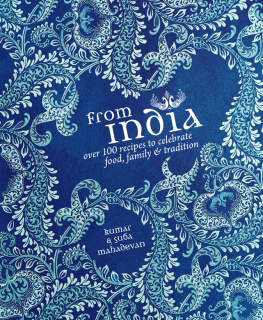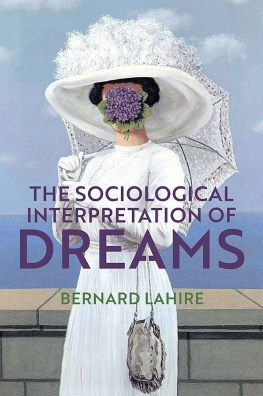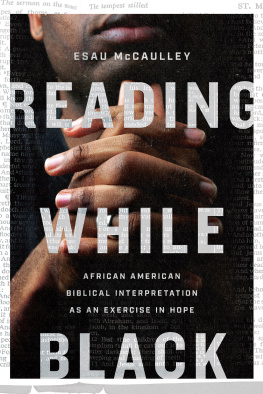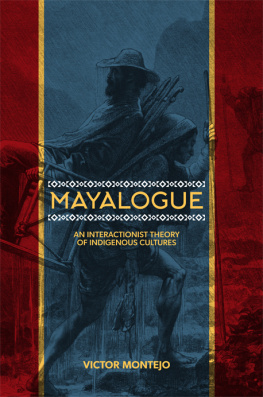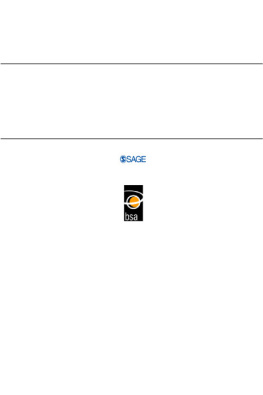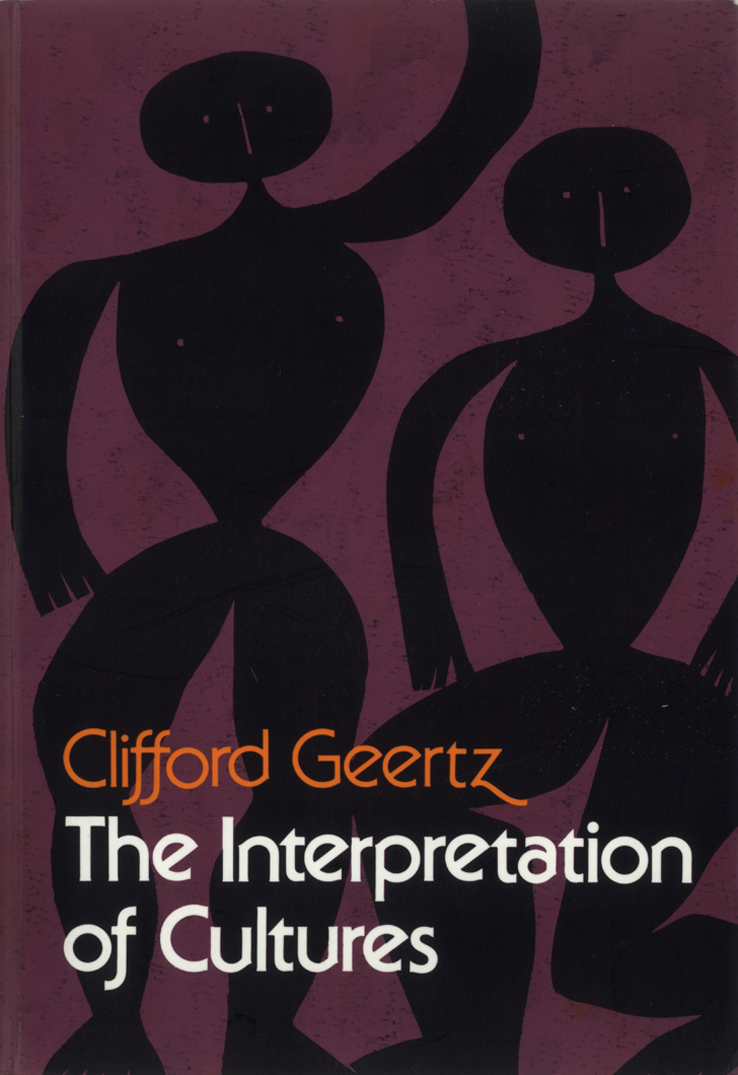

1973 BasicBooks, A Member of the Perseus Books Group
Library of Congress Catalog Card Number: 73-81196
ISBN: 978-0-786-72500-7
Printed in the United States of America
99 00 01 02 RRD H 40 39
Table of Contents
Guide
Contents


When an anthropologist, urged on by an attentive publisher, begins to gather together certain of his essays for a kind of retrospective exhibition of what he has been doing, or trying to do, over the fifteen-year period since his release from graduate school, he is faced by two tearing decisions: what to include, and how reverently to treat what is included. All of us who write social science journal pieces have a nonbook in us, and more and more of us are publishing them; all of us imagine that anything our past self has done our present self could do better, and stand ready to perpetrate improvements upon our own work we would never stand for from any editor. To try to find the figure in the carpet of ones writings can be as chilling as trying to find it in ones life; to weave, post facto, a figure inthis is what I meant to sayis an intense temptation.
I have faced up to the first of these decisions by including in this collection only those of my essays which bear, directly and explicitly, on the concept of culture. The majority of the essays are, in fact, empirical studies rather than theoretical disquisitions, for I grow uncomfortable when I get too far away from the immediacies of social life. But all of them are basically concerned with pushing forward, instant case by instant case, a particular, some would say peculiar, view of what culture is, what role it plays in social life, and how it ought properly to be studied. Though this redefinition of culture has perhaps been my most persistent interest as an anthropologist, I have also worked with some extensiveness in the areas of economic development, social organization, comparative history, and cultural ecologyconcerns which are, save tangentially, not reflected here. Thus, what is ostensibly a set of essays emerges, so I hope, somewhat as a treatisea treatise in cultural theory as developed through a series of concrete analyses. Not just an and then I wrote... review of a somewhat vagrant professional career, this book has an argument to make.
The second decision has been a bit trickier to deal with. In general, I hold to a stare decisis view of published pieces, if only because if they need very much revision they probably ought not to be reprinted at all, but should be replaced with a wholly new article getting the damn thing right. Further, correcting ones misjudgments by writing changed views back into earlier works seems to me not wholly cricket, and it obscures the development of ideas that one is supposedly trying to demonstrate in collecting the essays in the first place.
However, for all that, there does seem justification for a certain amount of retroactive editing in cases where the substance of the argument is not seriously affected but to leave things exactly as originally written is either to purvey out-of-date information or undercut a still valid discussion by tying it too closely to a particular set of now faded events.
There are two places in the essays below where these considerations seemed to me relevant, and where I have therefore made some changes in what I originally wrote. The first is in the two essays of Part II on culture and biological evolution, where the fossil datings given in the original essays have been definitely superseded. The dates have, in general, been moved back in time, and as this change leaves my central arguments essentially intact, I see no harm in introducing the newer estimations. There seems little point in continuing to tell the world that Australopithecines go back a million years when archeologists are now finding fossils datable to four or five million years. The second is in connection with Chapter 10, in Part IV, The Integrative Revolution, where the flowif that is what it should be calledof new state history since the article was written in the early 1960s makes some of the passages read oddly. As Nasser is dead, Pakistan has split, Nigeria has been defederalized, and the Communist Party has disappeared from the Indonesian scene, to write as though these things had not occurred is to give a sense of unreality to the discussion, a discussion which, again, I regard as still valid, even if it is Nehrus daughter rather than Nehru who now leads India and the Republic of Malaya has expanded into the Federation of Malaysia. Thus, I have in that essay made two sorts of changes. First, I have changed tenses, introduced clauses, added a footnote or two, and so on, in the body of the text to make it read a little less as though the last ten years had not occurred. I have not, however, changed anything of substance so as to improve my argument. Second, I have added to each of the case historiesand clearly set off from thema paragraph summary of relevant developments since the essay was written, so as to indicate that, if anything, those developments demonstrate the continued relevance of the issues the essay treats in terms of earlier events, and again to dissipate the Rip Van Winkle effect. Except for minor typographical and grammatical corrections (and changes in referencing style for the sake of consistency), the remainder of the book is essentially unaltered.
I have added, however, a new chapter, the first one, in an attempt to state my present position as generally as I can. As my views on the matters the chapters discuss have evolved over the fifteen years they span, there are indeed some differences in the way certain things are put in this introductory chapter and the way they are put in some of the reprinted ones. Some of my earlier concernswith functionalism, for examplenow are less prominent in my mind; some of my later oneswith semiotics, for exampleare now more so. But the trend of thought in the essayswhich are arranged in a logical, not a chronological, orderseems to me relatively consistent, and the introductory chapter represents an effort to state more explicitly and systematically what that trend of thought is: an attempt, in fine, to say what I have been saying.
I have eliminated all the acknowledgments contained in the original essays. Those who have helped me know that they have and how very much they have. I can only hope that by now they know that I know it too. Rather than implicate them in my confusions once again, let me instead take the rather peculiar tack of thanking three remarkable academic institutions that have provided me with the kind of setting for scholarly work I am convinced could not be surpassed right now anywhere in the world: The Department of Social Relations of Harvard University, where I was trained; the Department of Anthropology of the University of Chicago, where I taught for a decade; and The Institute for Advanced Study in Princeton, where I now work. At a time when the American university system is under attack as irrelevant or worse, I can only say that it has been for me a redemptive gift.
C. G.






